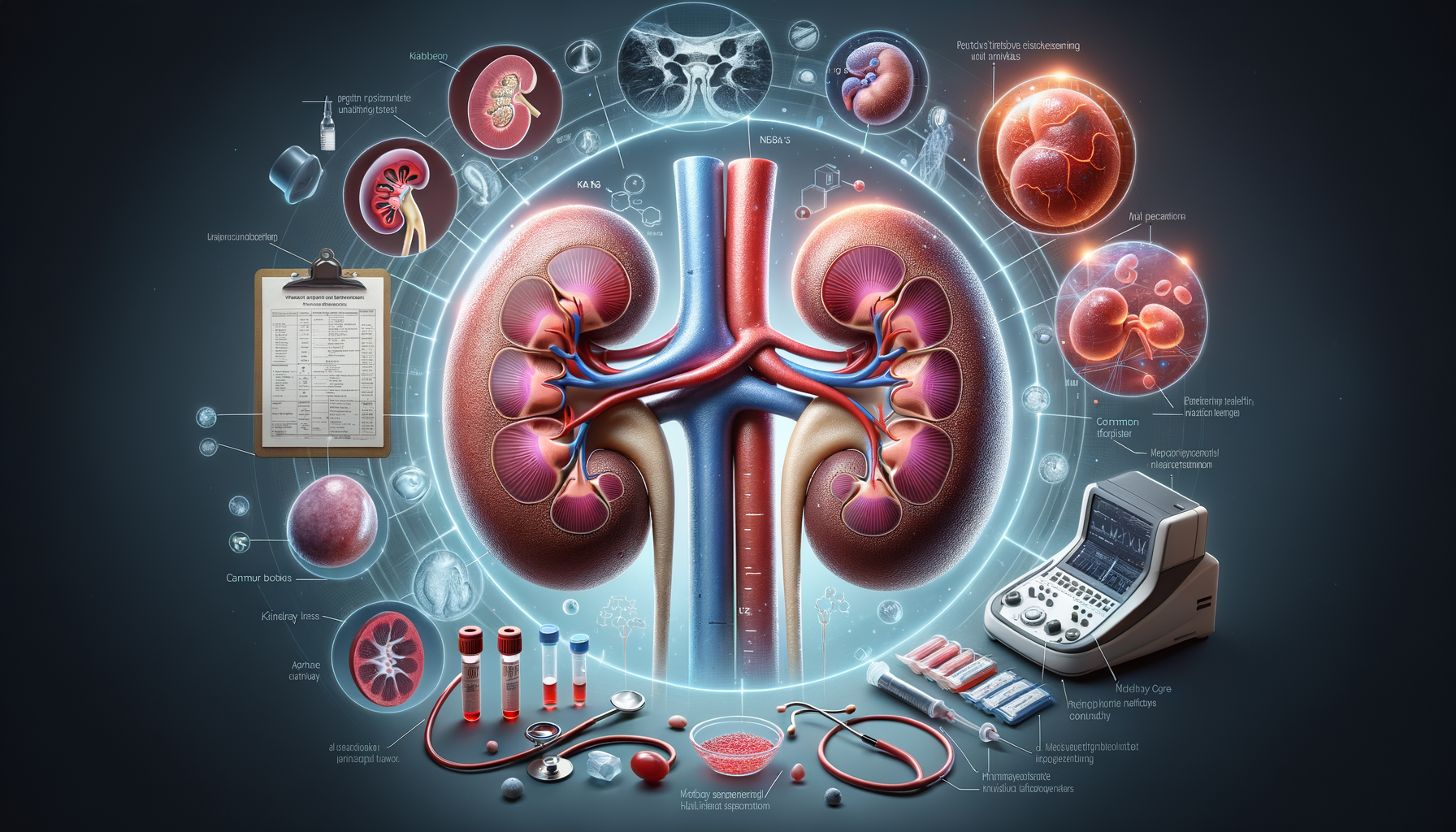What Tests Reveal About Kidney Health in Seniors
Could routine checkups offer clues about a vital organ’s condition later in life? Understanding certain tests provides insight into how kidneys are functioning as the years progress. Exploring these indicators can paint a clearer picture of kidney health in older adults.

The Importance of Regular Kidney Screenings
As we age, the importance of regular health checkups becomes increasingly apparent, especially when it comes to vital organs like the kidneys. Regular kidney screenings play a crucial role in maintaining overall health and detecting potential issues early. These screenings help in identifying chronic kidney disease (CKD) at an early stage, which is essential for effective management and treatment.
Kidneys perform vital functions such as filtering waste from the blood, balancing body fluids, and regulating blood pressure. When kidney function declines, these processes can be disrupted, leading to serious health complications. Regular screenings, including blood tests and urine analysis, provide valuable insights into kidney health. They can reveal early signs of kidney damage, allowing for timely interventions that can slow disease progression.
Moreover, early detection through screenings can help prevent the development of more severe conditions like kidney failure. By monitoring kidney function regularly, healthcare providers can recommend lifestyle changes or medications to help preserve kidney health. This proactive approach not only improves quality of life but also reduces healthcare costs associated with advanced kidney disease.
In summary, regular kidney screenings are a vital component of preventive healthcare, particularly for older adults. They offer a window into kidney health, enabling early detection and intervention, which are key to maintaining kidney function and overall well-being.
Common Kidney Conditions in Older Adults
As individuals age, the risk of developing kidney-related conditions increases. Understanding these common conditions can help in managing them effectively. Chronic kidney disease (CKD) is one of the most prevalent kidney conditions among older adults. It is characterized by a gradual loss of kidney function over time and can lead to kidney failure if not managed properly.
Another common condition is acute kidney injury (AKI), which occurs when the kidneys suddenly stop functioning properly. AKI is often caused by reduced blood flow to the kidneys, severe dehydration, or certain medications. While AKI can be reversible with prompt treatment, it can also lead to long-term kidney damage if not addressed quickly.
Diabetes and high blood pressure are significant risk factors for kidney disease in older adults. These conditions can damage the blood vessels in the kidneys, impairing their ability to function effectively. Managing blood sugar levels and blood pressure through diet, exercise, and medication is crucial in preventing kidney damage.
Additionally, urinary tract infections (UTIs) are more common in older adults and can lead to kidney infections if not treated promptly. Symptoms of UTIs include frequent urination, pain during urination, and cloudy urine. Early treatment with antibiotics can prevent the spread of infection to the kidneys.
In conclusion, awareness and management of common kidney conditions in older adults are essential for maintaining kidney health. By addressing risk factors and seeking timely medical care, individuals can reduce their risk of kidney disease and its complications.
Understanding Your Test Results
Interpreting kidney test results can be challenging, but understanding them is crucial for managing kidney health. Common tests include blood tests like serum creatinine, blood urea nitrogen (BUN), and glomerular filtration rate (GFR), as well as urine tests to check for protein or blood in the urine.
Serum creatinine measures the level of creatinine in the blood, a waste product that kidneys normally filter out. Elevated levels can indicate impaired kidney function. The GFR is a calculation based on serum creatinine, age, gender, and other factors, providing an estimate of how well the kidneys are filtering blood. A low GFR indicates reduced kidney function.
Blood urea nitrogen (BUN) measures the amount of nitrogen in the blood that comes from the waste product urea. High BUN levels can suggest kidney dysfunction, dehydration, or other health issues. Urine tests can detect abnormalities such as proteinuria (protein in urine), which may be an early sign of kidney damage.
It’s important to discuss test results with a healthcare provider to understand their implications fully. They can provide context, considering individual health conditions and risk factors, and recommend appropriate actions. Regular monitoring and follow-ups are essential to track changes in kidney function over time.
In summary, understanding kidney test results empowers individuals to take charge of their kidney health. By interpreting these results with the help of healthcare professionals, individuals can make informed decisions about their health and take necessary steps to protect their kidneys.